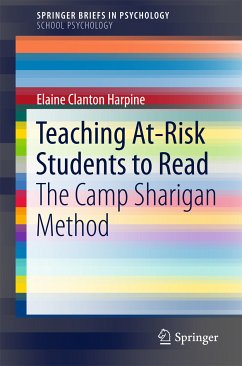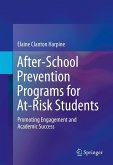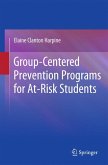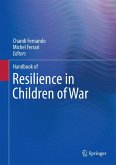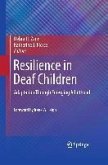Elaine Clanton Harpine, Ph.D., is a motivational psychologist specializing in group-centered motivational program design. She has more than 42 years of experience designing and conducting motivational prevention programs for children and youth. Dr. Clanton Harpine earned her doctorate in Educational Psychology, Counseling from the University of Illinois, Urbana-Champaign.
Dr. Clanton Harpine has published 17 nonfiction books, including Group-Centered Prevention in Mental Health: Theory, Training, and Practice (2015), After-School Prevention Programs for At-Risk Students: Promoting Engagement and Academic Success (2013), Prevention Groups (2013), Group-Centered Prevention Programs for At-Risk Students (2011), and Group Interventions in Schools: Promoting Mental Health for At-Risk Children and Youth (2008). She is the author of No Experience Necessary!, which received an Award of Excellencein 1995 and was selected as one of the top five children's books in its class. Other published children's writings include a two volume series entitled, Come Follow Me, in 2001, a three-volume family series completed in 2003, a youth book in 1989, along with numerous articles for teenagers on peer pressure, coping with failure, alcohol abuse, parents, suicide, and, more recently, articles on using group-centered interventions in the schools. Additional published writings include a series on Erasing Failure in the Classroom, a series of ready-to-use group-centered program packets: Vol. 1, the Camp Sharigan program (2nd ed., 2010), Vol. 2, Vowel Clustering (2010), and Vol. 3, the Reading Orienteering Club (2014).
Dr. Clanton Harpine has been interviewed on local early morning TV and radio concerning her workshop "Communication for Married Couples" and has been interviewed on local university radio concerning her work withinner-city children.
Her research for the past 15 years has focused on using group-centered interventions with at-risk readers. Dr. Clanton Harpine designed the motivational reading program called, Camp Sharigan, which she has used extensively in her work and research. She also designed the Reading Orienteering Club after-school prevention program and 4-Step Method for teaching at-risk children to read. Her research with these programs has been published in psychological journals and reported through presentations at the American Psychological Association's annual conventions.
In recent years, Dr. Clanton Harpine has been teaching Group Therapy and Counseling, Lifespan Development, and Human Growth and Development at the University of South Carolina Aiken and is continuing her research with group-centered prevention. She is the editor for the "Prevention Corner" column, which appears quarterly in The Group Psychologist. She was selected for inclusion in Who's Who of American Women, 2006-2015, for her work with children in inner-city neighborhoods and at-risk communities.

